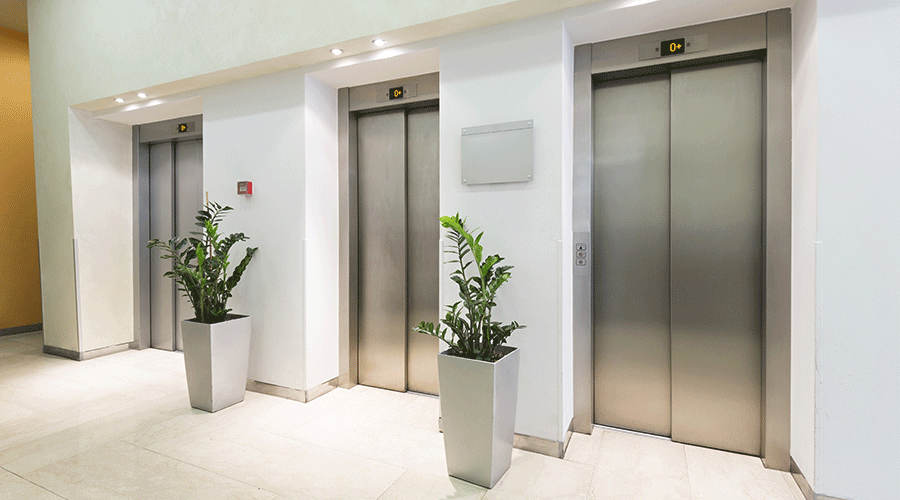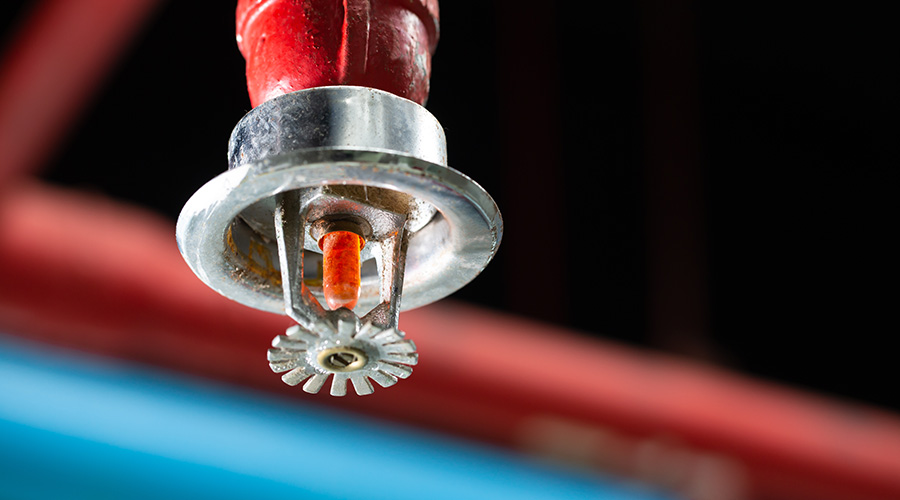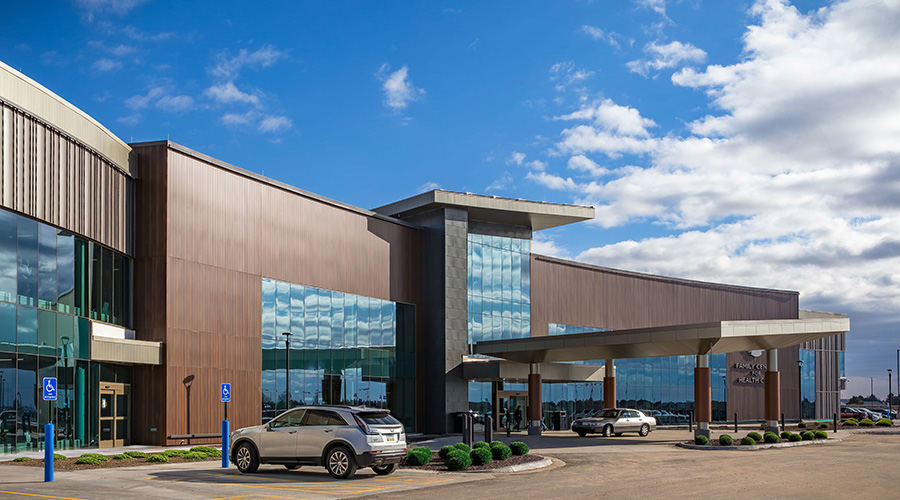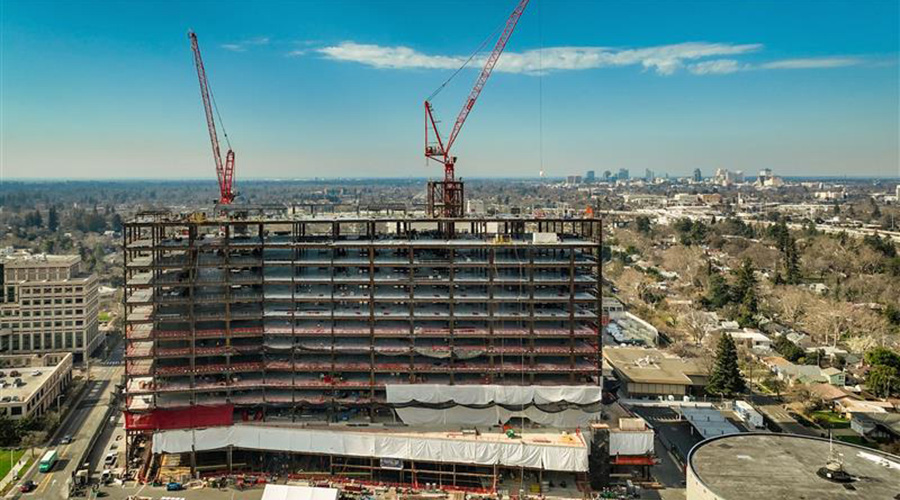The need for integrating elevator control systems is growing as more companies rely on smart buildings, according to a recent study by Straits Research With limited space available for new construction, companies have responded by building higher towers, increasing the need for elevators. With elevators being required in buildings, that means more people will use them. It is up to healthcare facilities managers to ensure that elevators are not only up to code but that only certain people have access to some floors. Healthcare Facilities Today talks with elevator manufacturers about prioritizing safety in all their products.
How can facilities managers ensure the safety of elevators in all buildings but especially hospitals?
“First and foremost, facilities managers need to ensure that they are getting robust preventative maintenance from their elevator service company. Our data has shown a direct correlation between the uptime of equipment and the amount of proper preventative maintenance time that is performed. To say it another way, the amount of proper preventive maintenance provided is inversely proportional to the number of service callbacks you can expect. Thorough preventive maintenance also serves to help ensure that not only will equipment not have a shutdown or malfunction, but that the equipment operates as safely as possible because of its well-maintained condition.
If equipment is at or near the end of life and even thorough preventive maintenance cannot ensure equipment reliability, you must budget for modernization. Most modernization scope will include a new control system, new door operator, new operating fixtures and often machine replacement, as well as repair of other key components. Because of the high cost of modernization work, the budgeting process should start well in advance to allow ample time to save funding. Furthermore, modernization equipment and the fieldwork can involve long lead times and durations, offering reasons to plan well in advance.
In hospital settings, patient safety is dependent on reliable and safe operation of not only medical equipment but also building systems, including elevators. That’s why proper maintenance of these systems is especially important. The best way to ensure that your elevators are running safely, smoothly and reliably is through routine preventive maintenance, proactive parts replacement and modernization. These efforts reduce the risk of unexpected equipment downtime by addressing potential concerns and worn-out parts before they can grow into big problems.”
— Bruce L. Peterson, director of sales and commercial strategy, Elevator/Escalator Division, Mitsubishi Electric US Inc.
“First and foremost, it is imperative for hospital facility managers to invest in the elevator systems. Cost is always a factor to balance operational budgets but cutting costs on proper maintenance can be shortsighted. The type of unit (hydraulic or traction), landings, speed and usage play a big part in the hours of required maintenance your units need. It is important to allocate funding to pay for the required maintenance. Hospitals run 24/7 and taking elevators offline to do required PMs is necessary. Working with your elevator provider and having regularly scheduled PM visits increases the reliability and safety for employees, patients and visitors. Inclusive of proper maintenance many are older elevators that have seen significant wear-and-tear and need upgrades or modernizations. When doing these upgrades consideration should be given to touchless technologies as they play a critical role in elevator passenger safety. The pandemic accelerated the development of these types of technologies, and many can be added with little to no disruption to service.
Lastly, modern tools and technologies have greatly improved how elevator companies service and maintain elevators. Any equipment downtime can create significant safety and health risks in hospitals, so it’s imperative for hospital facility managers to partner with elevator service providers who share their commitment to safety and have the track record and tools to provide highest level of service possible.”
— Kevin Robertson, executive vice president of sales, North America, TK Elevator
Mackenna Moralez is the assistant editor with the facilities market.

 Assisted Living Facility Violated Safety Standards: OSHA
Assisted Living Facility Violated Safety Standards: OSHA McCarthy Completes Construction of Citizens Health Hospital in Kansas
McCarthy Completes Construction of Citizens Health Hospital in Kansas California Tower at UC Davis Health Topped Out
California Tower at UC Davis Health Topped Out What 'Light' Daily Cleaning of Patient Rooms Misses
What 'Light' Daily Cleaning of Patient Rooms Misses Sprinkler Compliance: Navigating Code Mandates, Renovation Triggers and Patient Safety
Sprinkler Compliance: Navigating Code Mandates, Renovation Triggers and Patient Safety